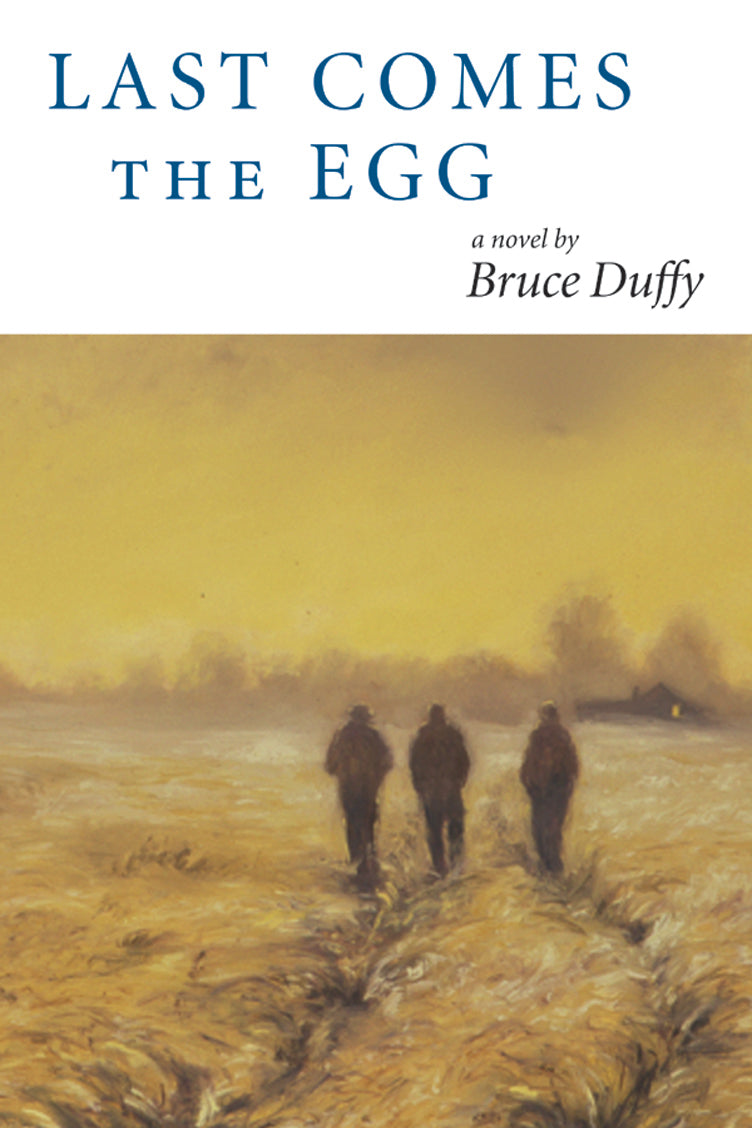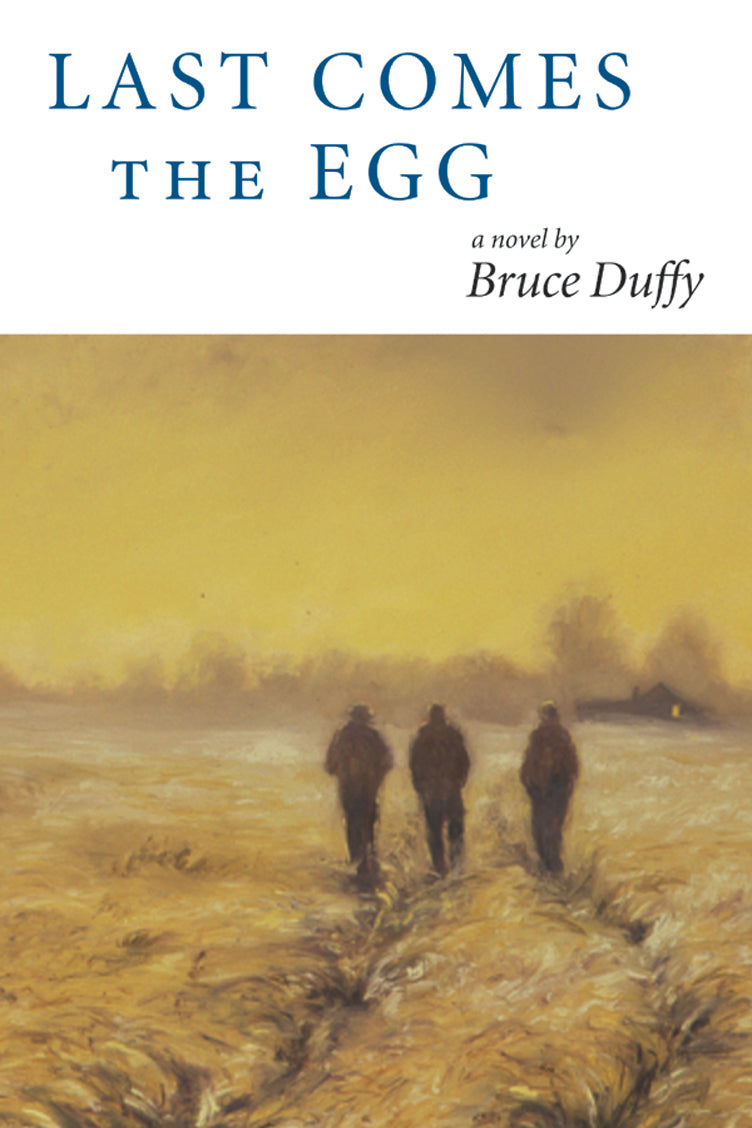
Bruce Duffy's first novel, The World As I Found It, was universally acclaimed as "astonishing," "spectacular," "vivid, passionate and funny." A dream debut, it raised the stakes for his second book irrationally high. To his credit, Duffy decided to write an entirely different story, a book that is tender, compassionate, vaguely autobiographical, set squarely in the sixties, and told through the eyes of a precocious, articulate, and unforgettable twelve-year-old boy. This is no mean feat, for twelve-year-old boys, especially ones from dysfunctional Catholic families, growing up in the straitlaced suburbs of Maryland, are not always the best narrators. But in Frank, who observes the world with a wry detachment and a wise sense of what is right, wrong, and just plain cockeyed, we encounter a voice that says more about race, class, gender, even sex, than anyone since Salinger.
Like Twain's Huckleberry Finn, another book set "forty or fifty years ago," Duffy understands that there was never an end to American innocence because there never was an innocence to end. And like Huck, Frank has his own adventures; a trip into the Southern heartland with Loomis, a latter-day Artful Dodger, and Sheppy, an older black boy who seems ready to explode at any minute. Full of character, nuance, and adventure, this is not an easy novel, but it is a brilliant one, a book you won't soon get out of your head.

